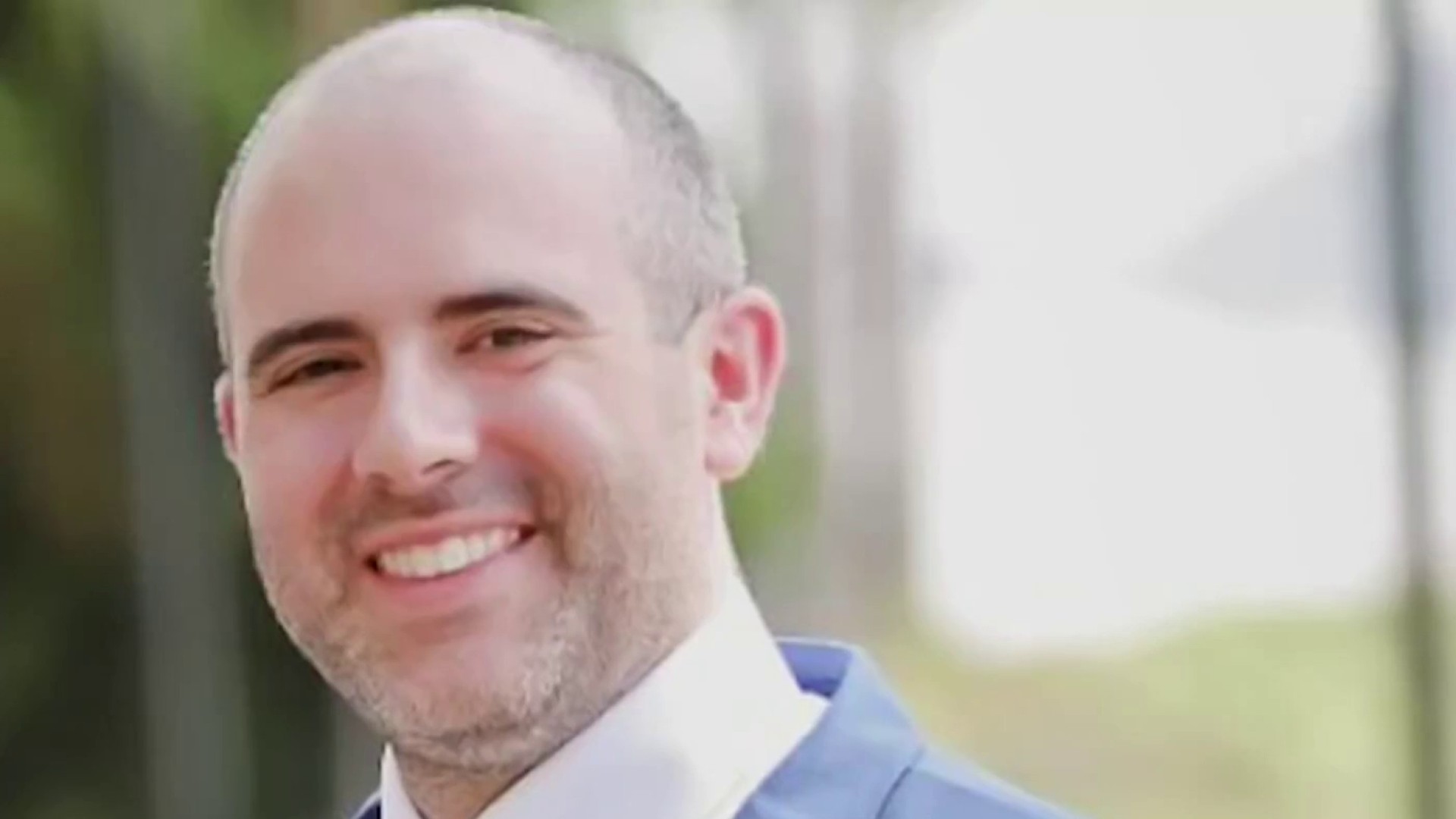Dr. Jim MacDonald performs more than 300 total knee replacements a year, six times more than almost every other knee surgeon in our area. And that, he told the News4 I-Team, is one of the reasons he thinks his patients have so few complications.
"The only thing I do is hip and knee replacements. That's it," he said.
The I-Team found Dr. MacDonald using ProPublica’s new “Surgeon Scorecard” website, which shows he has the lowest complication rate for knee replacement surgery in Maryland and Washington, D.C., - putting him in the top 2 percent in the nation.
ProPublica’s Marshall Allen said his group created the site because “there’s almost no information available for the performance of surgeons, the performance of hospitals. Most of the ratings that are out there are about hospitals and not about surgeons at all."
ProPublica used recently released Medicare billing data, which shows how often surgeons readmit patients after lower-risk elective surgeries like knee and hip replacements, spine and neck fusions, gallbladder and prostate surgery.
You can either look up a surgeon by the procedure you need or the name of your surgeon or hospital. There you will see how many complications they had in a five-year period and how they compare to others working at the same hospital.
"People will do more research shopping for a flat screen TV or toothpaste in America then they will looking for a doctor that is going to perform one of the most important operations of their life," Dr. Marty Makary of Johns Hopkins University told us.
Local
Washington, D.C., Maryland and Virginia local news, events and information
He calls the new website “groundbreaking” because ProPublica’s calculations take into account where the doctor works and the hospital's surgical staff, and did not include the most complicated, high-risk cases — like patients coming from an emergency room or a nursing home.
"You can have a doctor that does great work in a really tough setting or you could have a doctor that doesn't do great work working in a great hospital and this analysis factored in those differences," Dr. Makary explained.
He said he hopes the site will help decrease surgical complications across the board because even the doctors didn't know how they were doing compared to others.
"Doctors are competitive human beings, they are altruistic," Dr. Makary said. “If you put a level playing field in front of doctors, they will outperform every time. Good data analysis is the level playing field we've needed in health care for doctors to compete on the right level."
But not everyone is convinced. Dr. Joshua Jacobs at the American Academy of Orthopaedic Surgeons cautions the website only looks at Medicare patients and doesn't take into account the severity of the complexity of each case.
"While this data can point to trends, that are helpful to further study, it's difficult to make conclusions for example if you're just a patient going on the website. I think you need to have a little more information than just this data to choose a surgeon," Dr. Jacobs explained, “For example, the degree of deformity, the amount of scarring in the knee, the quality of the bone, none of these things are really accounted for and they can have an impact on complication rates."
That's why Dr. Makary says patients should use the website as a part of their research to help them ask their doctor the right questions.
"It turns out the things that are most important for a patient doing well in surgery may have nothing to do with the name of an institution,” Dr. Makary said. “It may have a lot more to do with the humility of the surgeon, the teamwork at the hospital. And it turns out certain hospitals have mastered certain operations."
That's what we found at Dr. MacDonald's hospital. He credits Anne Arundel Medical Center in Annapolis for creating surgical teams who focus on just one or two procedures and for circulating complication reports so its surgeons can compare notes.
"Every month we get together and talk about how we're doing in the hospital,” Dr. MacDonald told us. “Everyone is there, it's a small room, but it's packed with nurses, physical therapists, surgeons, anesthesiologists and discharge planners, and all those people get together each month and discuss how to make the process better for patients."
His personal goal, he says, is to keep his complication rate at zero so he can get his patients back on their feet as quickly as possible.



